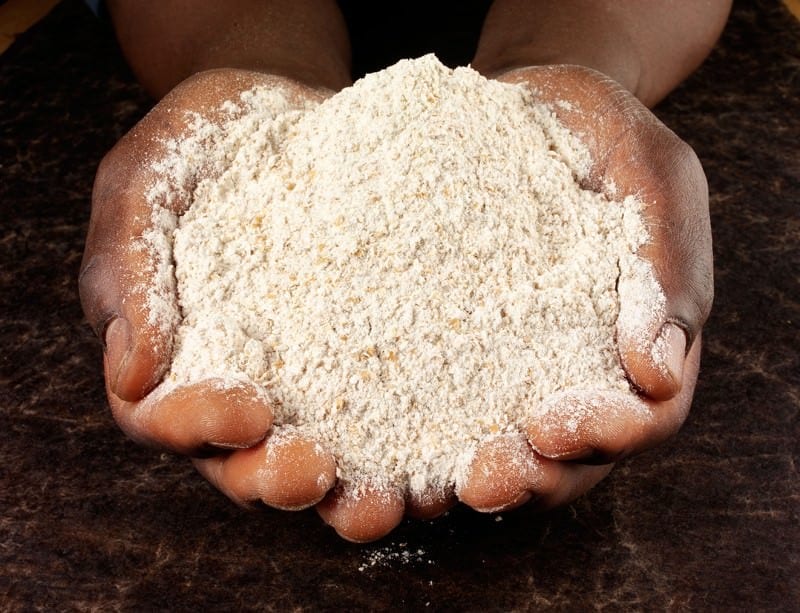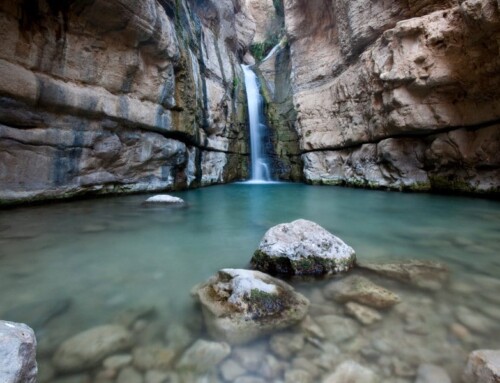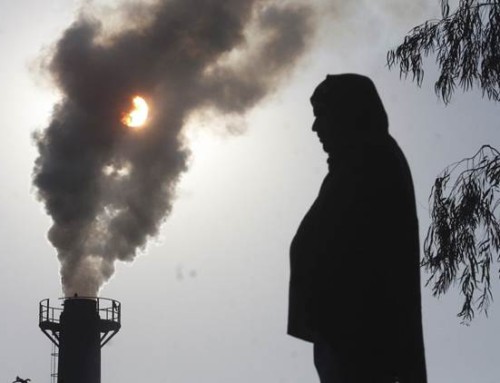Agriculture has played a central role in shaping world history and the stories in religious texts for thousands of years. Famine and drought have triggered many mass migrations from biblical Israel — Abraham’s first journey to Egypt was driven by the lack of food and water; famine drove Elimelech and Naomi to Moab, which led to the famous and inspirational story of Ruth. Even holidays and prayers in Judaism are based around fruitful harvests.
The core concept is simple: if people cannot eat or drink, they cannot live, so it’s unsurprising that so many major biblical and historical events revolve around nourishment. And some things haven’t changed from thousands of years ago to today – the world may look drastically different, but we still need to eat and we still need water, rich or poor, Jewish or Muslim, Israeli or Palestinian.
Many people around the world are driven to charity work, fundraising and even to develop technology to take care of the world’s two most basic needs. There’s a ripe opportunity here – pun intended — for people passionate about feeding the hungry and ensuring access to water to come together, pool their resources and tackle strategy to solve hunger and thirst, a humanitarian crisis as old as humanity itself.
Even with all the truly remarkable innovations in agriculture, we still have suffering people in the world, but we have access to rapidly-evolving technologies which help produce stronger, more bountiful harvests. Some of those newer technologies are put to work in urban farming, which utilizes rooftops, “vertical” spaces and other smaller plots of land among densely-populated areas. Many are used for water-generating technology as well, utilizing items such as atmospheric water generators to produce drinking water and farming methods which help conserve water in difficult environments such as the water-challenged Middle East.
Urban farming goes hand in hand with the growing movement to introduce sustainable practices into agriculture, a movement that’s referred to as green farming, organic farming or sustainable agriculture. This movement has developed over the last century in response to the heavy use of pesticides, fertilizers and other potentially harmful farming practices, and in recent decades, the practice has evolved and expanded to include many other admirable and ambitious environmental conservation efforts. Those goals fit in nicely with the Menorah Islands Project’s goal to be carbon-neutral.
We at the Menorah Islands Project cannot wait to fuse the newest in agricultural and water-saving technology into our Israeli-Palestinian collaboration efforts. Hunger and access to water are massive challenges which know no political allegiance, nationality, religion or ethnicity, and there are many people of every nationality, religious community and ethnic origin who are passionate about helping to end these crises. Feeding the hungry is one of the basic morals taught across generational and cultural lines from a young age, and many of us often carry those lessons through adulthood, volunteering at soup kitchens or donating canned goods to food pantries. Can you imagine if Israelis and Palestinians, motivated by this basic common good and supplied with a space within which to pursue the latest in green farming technologies, could come together to solve this blight on the world? The force would be unstoppable!
The land of Israel is often referred to as a land of milk and honey, a fruitful land of plenty. We wish to turn the Menorah Islands into a place of plenty for millions in the region and around the globe who can benefit from the technologies developed in our facilities, driven by the passion of people from all cultures who strive to end world hunger and improve access to water.







Blessings